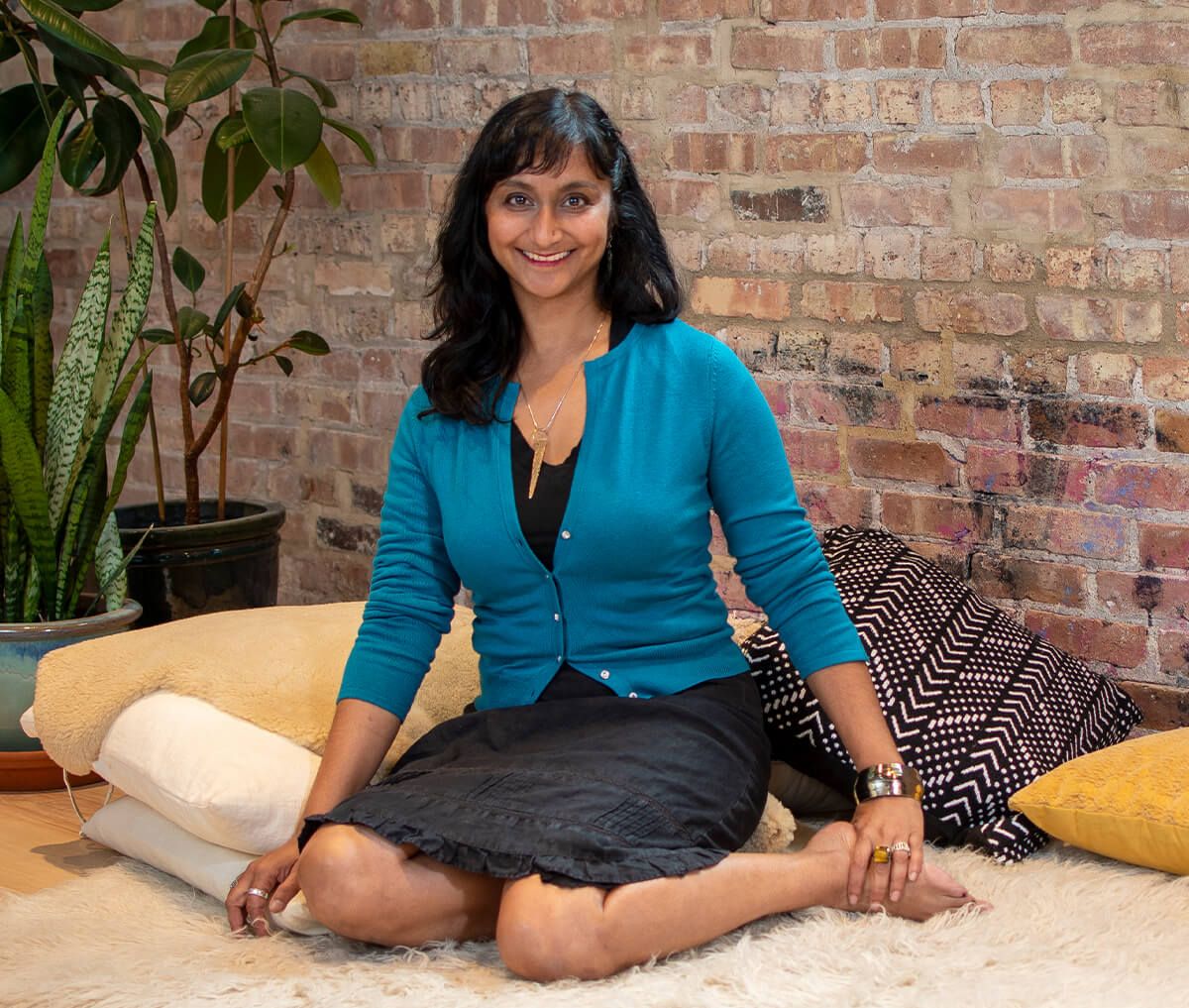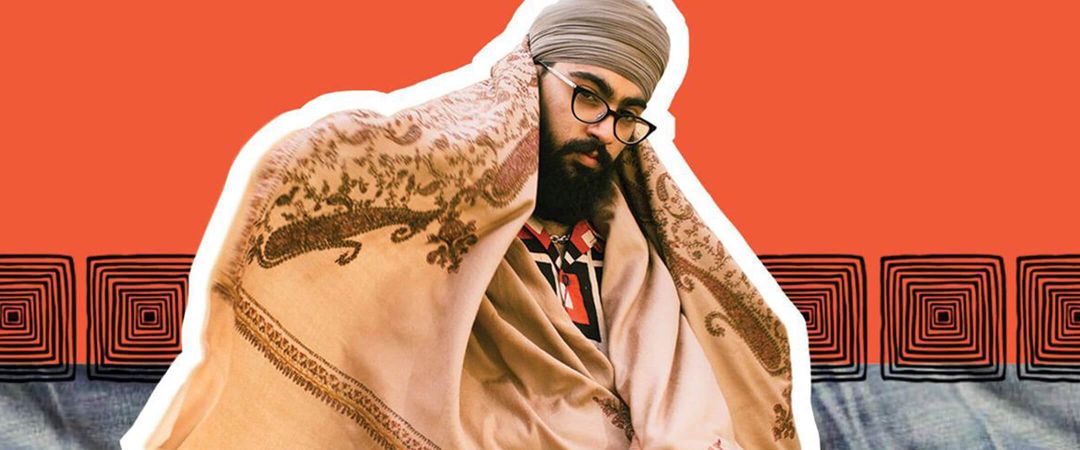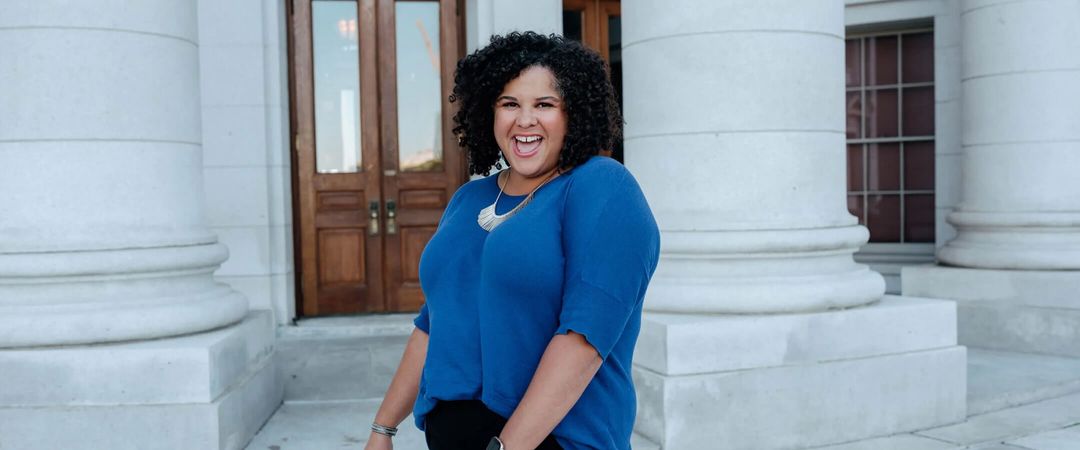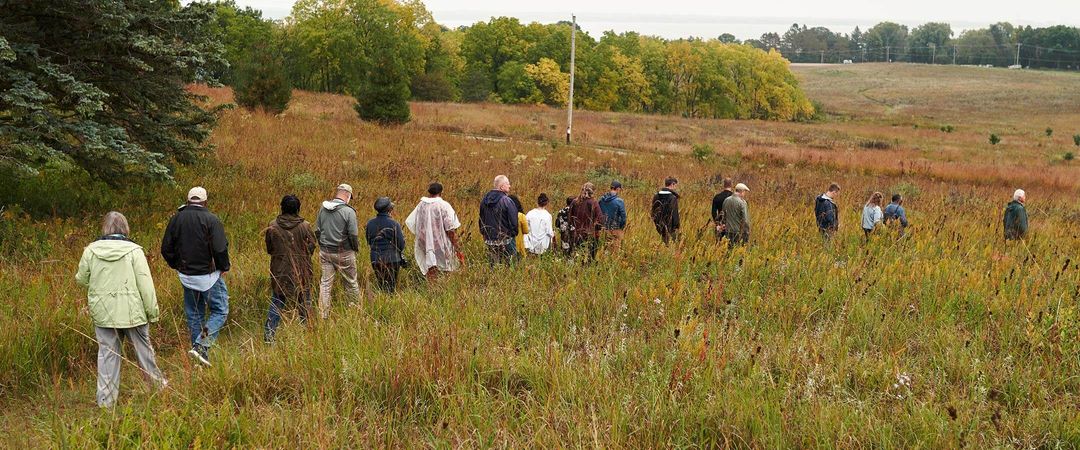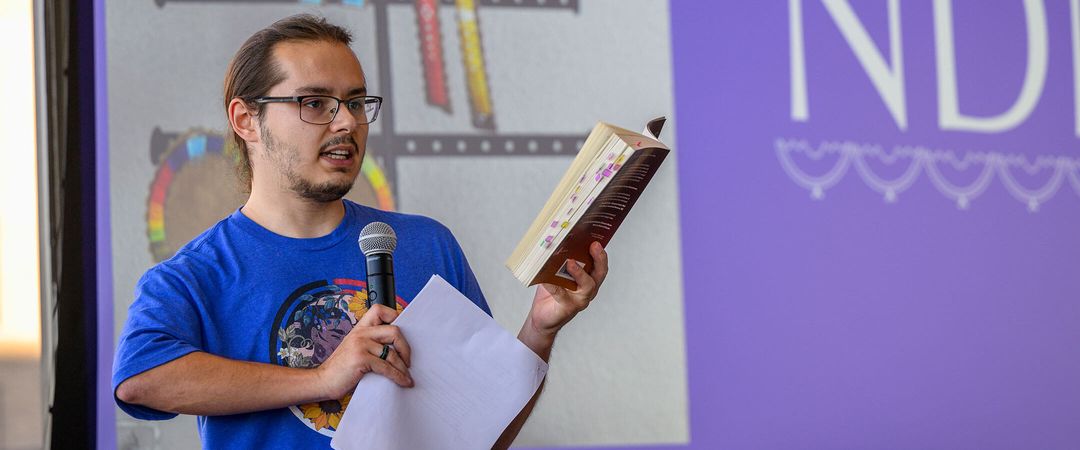Shilpa Sankaran ’95 always knew she wanted to have her own business, but she hadn’t always envisioned it being a spa.
After graduating with a business degree from UW–Madison, she worked in corporate consulting in Chicago and San Francisco. “I thought I’d be the CEO of some company,” she says. But it wasn’t long before she began reevaluating what she wanted her future to look like. “The work I was doing didn’t align with my values,” says Sankaran. “I always felt there was this need to reconnect with my roots and my health especially.”
Born in India and raised in Madison, Sankaran was exposed to ayurveda from a young age, and she reconnected with it as an adult after traveling to India. It was there that she began envisioning the possibility of starting an ayurvedic retreat center.
When she and her husband, Greg Rasmussen ’97, moved back to Madison from California, she transitioned into sustainability work as the executive director of the Net Zero Energy Coalition and as an independent consultant for sustainable real estate construction projects. That work led her to Garver Feed Mill, a converted sugar factory turned multibusiness space on Madison’s east side, and she knew she had found a home for the wellness space she’d dreamt of for 15 years.
Sankaran opened KOSA, a 4,500-square-foot ayurvedic spa and retreat space, in November 2019. The spa includes KOSA Kitchen, run by her mother, Lalita, and has recently expanded its offerings globally through a Wisconsin-made and locally sourced product line, KOSA Ayurveda.
Ayurveda, a traditional Indian medicinal system, aims to balance the body through a variety of practices, which include meditation, massage, mindful eating, and specially formulated medicines and oils. At KOSA, traditional spa treatments are informed by these ayurvedic elements and customized seasonally to each person’s body composition, diet, and lifestyle. The level of customization allows for anyone from novices to seasoned ayurveda practitioners to reap its benefits. “I intentionally created a spa setting that is welcoming for anybody at any level of understanding to come in and just be immersed in ayurveda,” Sankaran says.
What is KOSA’s role in the community?
I really believe that Madison was ready for something different. It’s very exciting to see people’s openness and curiosity, but the pandemic really elevated that because people became committed to their health. They would walk in saying, “I’m tired of not feeling well, and I want to do something about it.” I believe our role in the community is to support people’s self-care and to help people start feeling better and become more in touch with their own bodies and practice self-love. That’s a hard thing for us to do in this society, where we really are more outwardly focused on our jobs, on our children, on other people.
How have your past experiences informed the way you run KOSA?
My heritage and reconnecting with my roots are the inspiration behind everything. Not only do I study ayurveda and practice on my own body, but at KOSA, ayurveda informs the way we do things, how we connect with our customers, and the practices that I’m rediscovering from my youth.
My past work in sustainability has also informed everything we do as a business. We make difficult choices. For example, there’s only one manufacturer of organic massage-table sheets, and it’s very difficult to get them, and they’re expensive. We really work hard to be mindful of materials and minimize packaging. The whole design of the space has incorporated energy and resource efficiency and water efficiency measures.
As I learn, I incorporate things, but I’m learning every day.
How would someone get started practicing ayurveda?
You can start anytime, and it’s all about being aware daily of how you feel and making slight changes to balance that based on your diet and your lifestyle. You can start very small.
Try to start with one practice. That could be scraping your tongue every morning, and that’s an act of detoxification. Also, it’s an act of mindfulness because you are present with your body, you’re noticing how it changes every day. The more you notice, the more you start doing for yourself.
